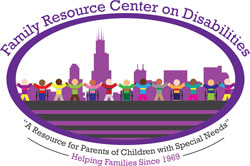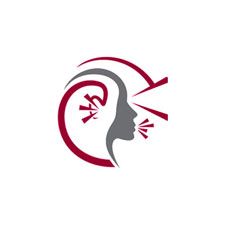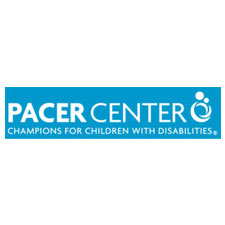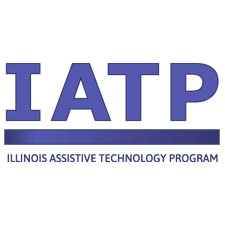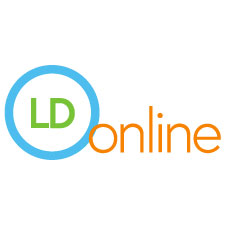Assistive Technology
Assistive technology includes both devices and services. As defined in IDEA:
- An Assistive Technology Device means any item, piece of equipment, or product system, whether acquired commercially off the shelf, modified, or customized, that is used to increase, maintain, or improve the functional capabilities of a child with a disability. (34 CFR 300.5)
- An Assistive Technology Service means any service that directly assists a child with a disability in the selection, acquisition, or use of an assistive technology device. (34 CFR 300.6)
During the IEP process, assistive technology must be considered for every child and then provided by districts if required in a child’s IEP to access a free and appropriate public education (FAPE).
For additional information regarding assistive technology, please contact Special Education Services Department, Illinois State Board of Education, at (217) 782-5589.
For Deaf/Hard of Hearing professionals or students
The National Center on Accessible Instructional Materials (AIM) & PACER Center
AIM Resources for Families! Basics for Families, The National Center on Accessible Instructional Materials (AIM) & PACER Center have published two booklets for families explaining accessible instructional materials and how they may benefit students with disabilities. A “Basics” booklet (also available in Spanish) and technical guide are available to download at cost, and print copies are also available. Learn more at https://www.pacer.org/stc/pubs/STC-23.pdf.
The Illinois Assistive Technology Program (IATP) is a not-for-profit agency that promotes the availability of assistive technology services and programs for people with disabilities. IATP’s device loan program is FREE and easy to use. Devices are loaned to Illinois residents for 5 weeks and loan extensions are sometimes possible. For more information contact: (217) 522-7985 voice; (217) 522-9966 TTY. Illinois Assistive Technology Program. The Assistive Technology Unit https://iltech.org
The Institute on Disability and Human Development (IDHD)
The Institute on Disability and Human Development (IDHD) is the University Center for Excellence in Developmental Disabilities Education, Research, and Service (UCEDD) for the State of Illinois currently authorized under the Developmental Disabilities Assistance and Bill of Rights Act of 2000 (the DD Act). IDHD is part of a national network of 67 UCEDDs – at least one in every US state and territory. UCEDDS are dedicated to promoting the independence, productivity and inclusion of people with disabilities into all aspects of society. https://ahs.uic.edu/disability-human-development
Family Information Guide to Assistive Technology & Transition Planning
This 50 page guide is aimed at providing families with the information they need to effectively prepare for and participate in periods of transition in their children’s lives. https://www.ldonline.org/ld-topics/assistive-technology/assistive-technology-101
Department of Education Issues Guidance on Rights of Students to Enjoy the Benefits of Technology.
The U.S. Department of Education’s Office for Civil Rights (OCR) issued guidance through Dear Colleague Letters to elementary and secondary schools and institutions of higher education along with a “Frequently Asked Questions” document on the legal obligation to provide students with disabilities an equal opportunity to enjoy the benefits of technology. This guidance provides information to schools about their responsibilities under Section 504 of the Rehabilitation Act of 1973 and Title II of the Americans with Disabilities Act. https://www2.ed.gov/about/offices/list/ocr/letters/colleague-201105-ese.html
